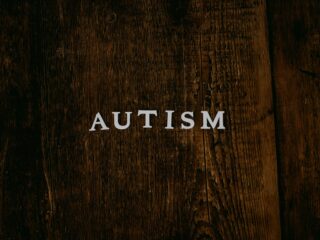
Currently, 64% of people 65 and older residing in nursing homes are living with Alzheimer’s disease or a different form of dementia. And 5.7 million Americans are living with Alzheimer’s and that number is projected to increase to 14 million by 2050.
While three-fourths of U.S. children participate in a preschool program, unfortunately, according to a new study by researchers in Chicago, education, which offers all kinds of cognitive benefits, doesn’t help fight against Alzheimer’s at all.
“Education is related to cognitive growth in early life, but it wasn’t associated with cognitive change as you age.,” said Robert S. Wilson, study author and neuropsychologist at Rush University Medical Center in Chicago. “What’s more important is what you’re doing now, than what you did 40 or 50 years ago.”
Roughly 3,000 people participated in the study, all of whom had annual testing and agreed to a brain autopsy when they died. The average age of participants at the start of the study was 78 years old and 74% of the participants were women. Additionally, the participants were already well-educated, with an average of 16 years of schooling. The researchers did, however, split them into three groups based on their education history: education of 12 or fewer years, 13 to 16 years of education, and 17 or more years of education.
“Those with higher education begin older age with a higher level of cognitive function,” added Wilson. “So if they decline cognitively at the same rate as everyone else, they are more likely to die from something else as compared to someone who started at a lower level of education.”
However, one thing that has been shown to keep elderly individuals mentally sharp is physical activity. In fact, a recent Reuters study found that people between 20 and 67 years old who started a regularly participating in aerobic exercises saw significant increases in mental function and even increased thickness in the brain’s frontal cortex.
“Whatever you do that’s good for your heart is good for your brain,” said Sandra Weintraub, professor of psychiatry, neurology, and psychology at the Mesulam Center for Cognitive Neurology and Alzheimer’s Disease at Northwestern University.







1 comment
I know some of my friends are still working on their book and they are getting help from the “Ghost Writing Solution” .You can look for the how to hire a ghostwriter on google or just click on the link and contact us